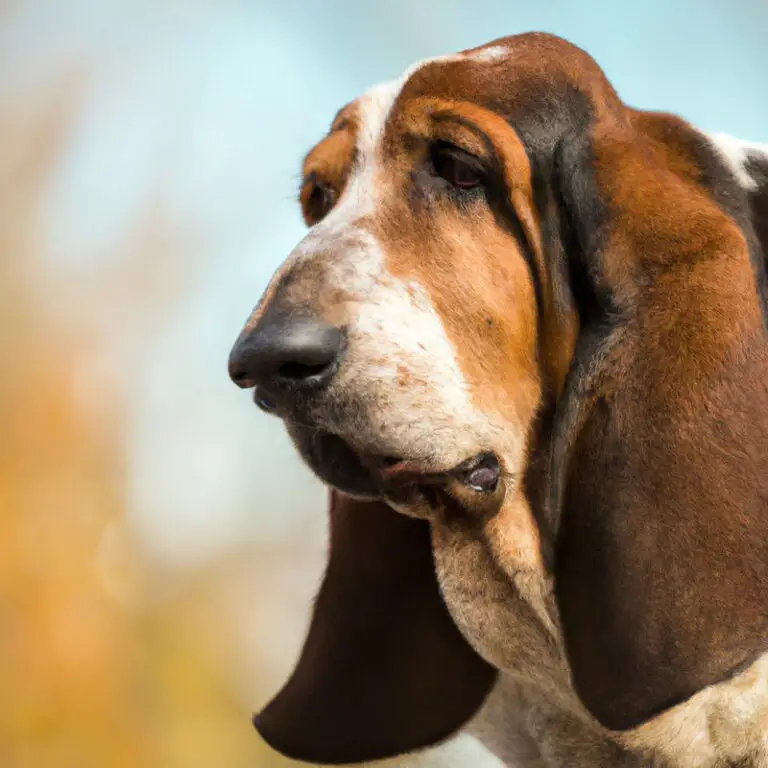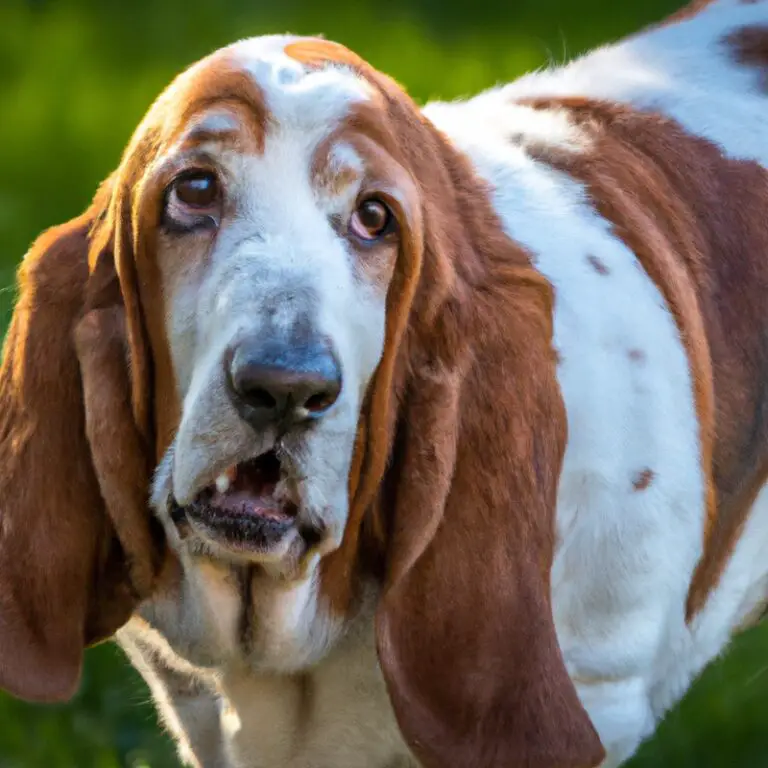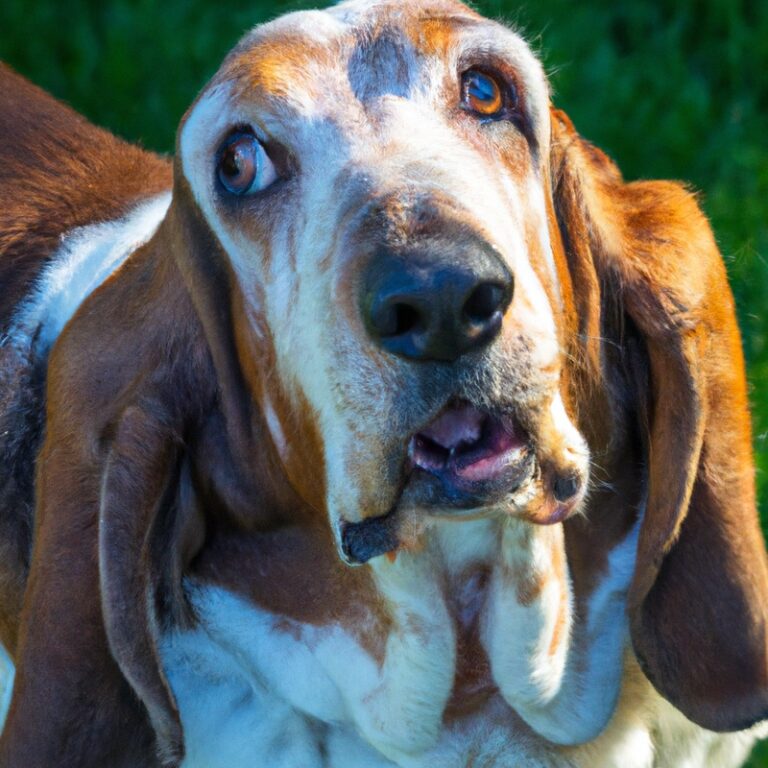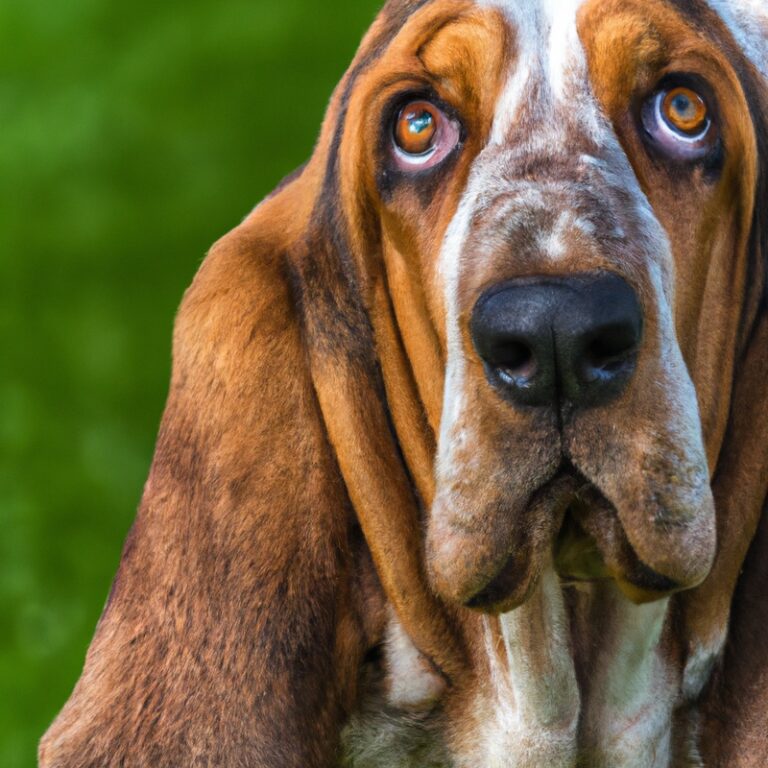Do Basset Hounds Make Good Therapy Dogs?
Key Takeaways:
- Basset Hounds can make good therapy dogs due to their calm and gentle demeanor.
- The breed’s empathetic nature and love for human companionship make them well-suited for therapy work.
- Basset Hounds have a strong sense of smell, which can be beneficial in certain therapeutic settings.
- They require consistent training and socialization to excel as therapy dogs.
Are you looking for a furry friend with a therapeutic touch?
Well, look no further than the lovable Basset Hound! In this article, we’ll explore whether Basset Hounds make good therapy dogs and why their unique characteristics might just make them the perfect fit for this role.
From their endearing physical features to their gentle and empathetic nature, Basset Hounds have the potential to bring immense comfort and joy to those in need.
So, let’s dive in and discover why these lowriding companions have what it takes to be exceptional therapy dogs.
| Factors to Consider | Yes | No |
| Temperament | ✓ | |
| Companionship | ✓ | |
| Patience | ✓ | |
| Size | ✓ | |
| Energetic | ✓ |
What is a therapy dog?
Definition of a therapy dog
A therapy dog is a specially trained dog that provides comfort, companionship, and support to individuals in various settings such as hospitals, nursing homes, schools, and rehabilitation centers. These dogs undergo training to learn how to interact calmly and gently with people of all ages and abilities.
They are often used in therapy sessions to promote emotional well-being, reduce anxiety and stress, and improve social interactions.
Therapy dogs offer unconditional love and help create a positive and comforting environment for those they interact with.
Benefits of therapy dogs
Therapy dogs provide numerous benefits for individuals in need. They offer emotional support, companionship, and a sense of comfort.
Therapy dogs can help reduce stress and anxiety levels, improve mood, and increase social interaction.
They can also assist with physical therapy exercises and motivate individuals to engage in activities. Furthermore, therapy dogs have been shown to lower blood pressure and heart rate, as well as provide a source of motivation and encouragement.
Their presence alone can bring joy and happiness to those in challenging situations.

Characteristics of Basset Hounds
Physical characteristics
Basset Hounds have distinct physical characteristics that set them apart. With their long, droopy ears that hang down to their nose, they have an incredible sense of smell.
Their short legs and heavy bodies give them a distinctive waddle when they walk, adding to their charm.
They have a strong, muscular build covered in loose skin, and their sad eyes melt hearts. Bassets also have a deep, melodious voice that can be quite loud.
These unique physical traits make them easily recognizable and appealing to many people.
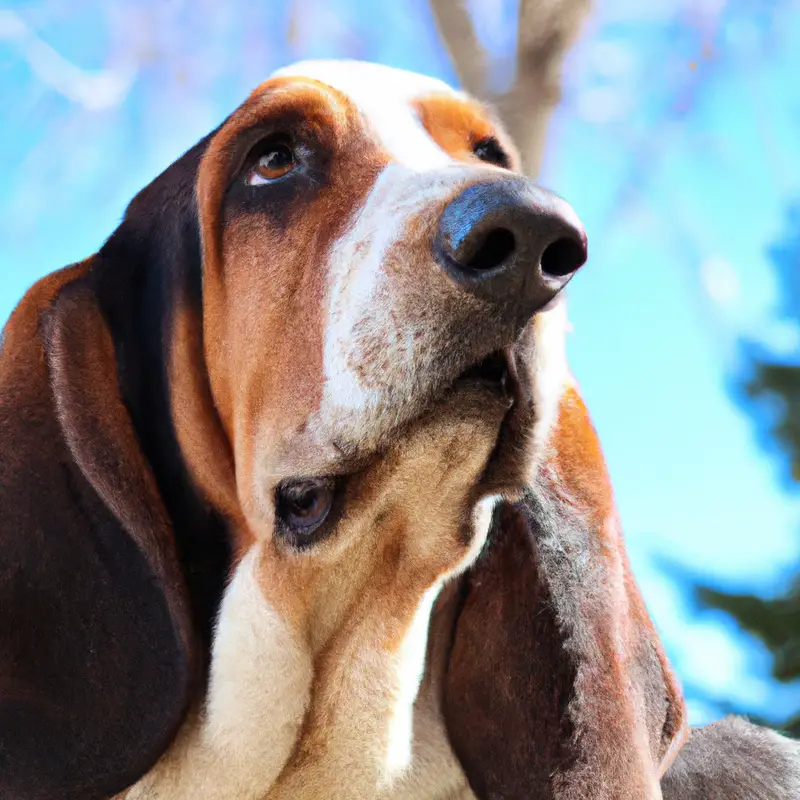
Temperament and personality traits
Basset Hounds have a unique temperament and personality that can make them great therapy dogs.
They are known for being calm, patient, and gentle, which is important when interacting with people in need.
Bassets are also often described as affectionate and good-natured, which allows them to form strong bonds with those they are helping.
Their laid-back nature and willingness to please make them well-suited for therapy work.
Basset Hounds as therapy dogs
Training and certification requirements
Training and certification are essential for therapy dogs, including Basset Hounds.
To become a therapy dog, Bassets must undergo obedience training to ensure they can follow commands reliably.
They also need to be well-socialized, comfortable around various people, and adaptable to different environments.
Additionally, therapy dogs must pass a certification process, which often involves evaluations to assess their behavior, temperament, and ability to interact calmly with others.
This certification ensures that the therapy dog is properly trained and suitable for providing emotional support and comfort to individuals in need.
Tasks and activities performed by therapy dogs
Therapy dogs perform a variety of tasks and activities to provide emotional support and comfort to individuals in need.
Some common tasks include:
- Visiting hospitals and nursing homes to interact with patients and brighten their day.
- Participating in reading programs, where they listen attentively as children read to them.
- Assisting individuals with physical disabilities by fetching items or providing stability.
- Serving as companions for individuals with mental health conditions, offering comfort and a sense of calm.
- Participating in animal-assisted therapy sessions, where they contribute to the therapeutic process.
These activities help promote relaxation, reduce stress, and improve overall emotional well-being for those they interact with.
Their unconditional love and presence make a remarkable difference in the lives of many.
Why Basset Hounds make good therapy dogs
Gentle and calm demeanor
Basset Hounds possess a gentle and calm demeanor, which is why they make excellent therapy dogs.
Their calm nature allows them to provide a soothing presence that can have a positive impact on individuals in need of emotional support.
Basset Hounds have a natural ability to remain calm and composed in various situations, making them ideal companions for therapy work.
This gentle and calm demeanor allows them to connect with people and provide comfort and reassurance.
Empathetic nature towards humans
Basset Hounds have a natural empathetic nature towards humans. They are known for their ability to sense and understand the emotions of the people around them.
Their attentive and gentle disposition allows them to provide comfort and support to those in need.
Whether it’s offering a paw to hold or simply being a non-judgmental listener, Basset Hounds excel at providing emotional support. Their compassionate nature makes them well-suited to be therapy dogs, bringing joy and solace to individuals in various settings such as hospitals, schools, and nursing homes.
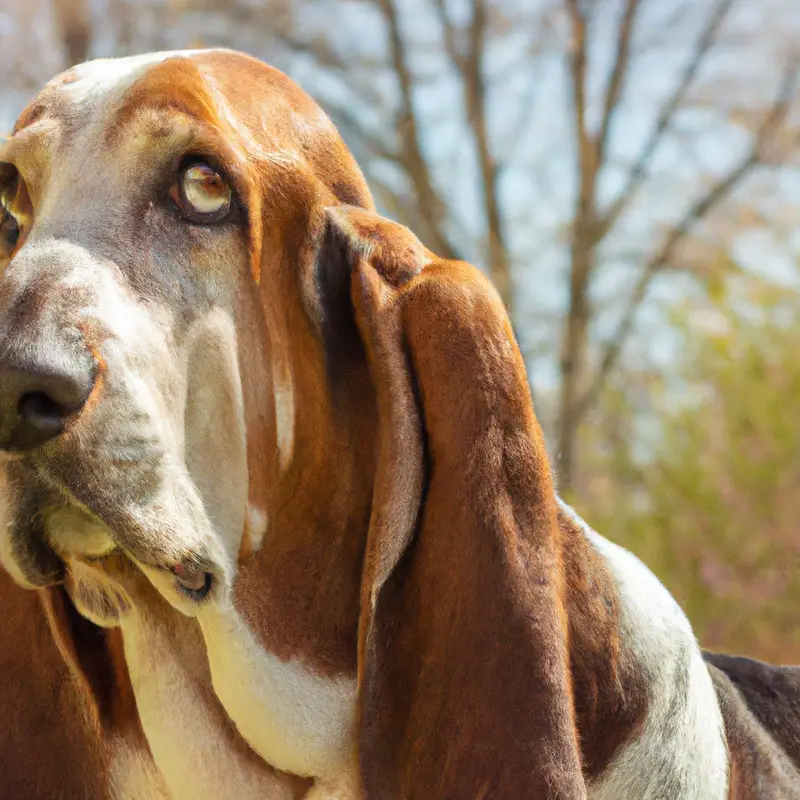
Considerations for using Basset Hounds as therapy dogs
Exercise and grooming needs
Basset Hounds have moderate exercise needs, requiring daily walks to keep them fit and maintain a healthy weight. However, they are prone to obesity, so portion control is important.
As for grooming, their short coat only requires regular brushing to prevent matting and remove loose hair.
Their long ears should be checked and cleaned regularly to prevent infections. It’s also important to trim their nails and maintain good dental hygiene.
Allergies and health issues
Allergies and health issues are important considerations when using Basset Hounds as therapy dogs. Bassets tend to have a higher risk of certain health problems, including obesity, ear infections, and back issues.
Additionally, some people may be allergic to the breed due to their shedding.
Regular vet check-ups, a balanced diet, and proper grooming are necessary to keep them healthy. It’s also essential to ensure that team members and clients are not allergic to dogs before including a Basset in a therapy program.
Final Verdict
Basset Hounds do make excellent therapy dogs due to their gentle nature and innate ability to empathize with humans. Their calm demeanor and patient temperament make them well-suited for the role, bringing comfort and joy to those in need.
Although Basset Hounds require regular exercise and grooming, their unique characteristics and exceptional ability to connect with people outweigh any potential challenges.
If you’re considering a therapy dog, the Basset Hound is a reliable and compassionate choice.


